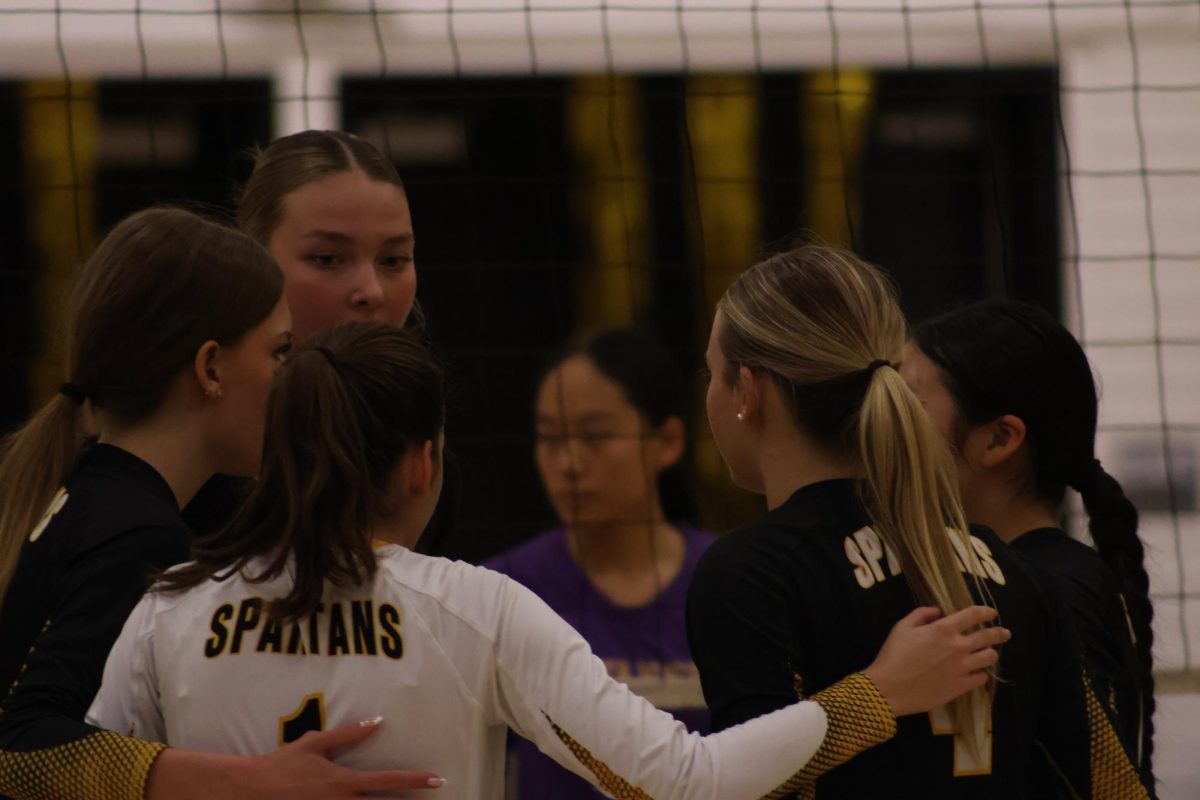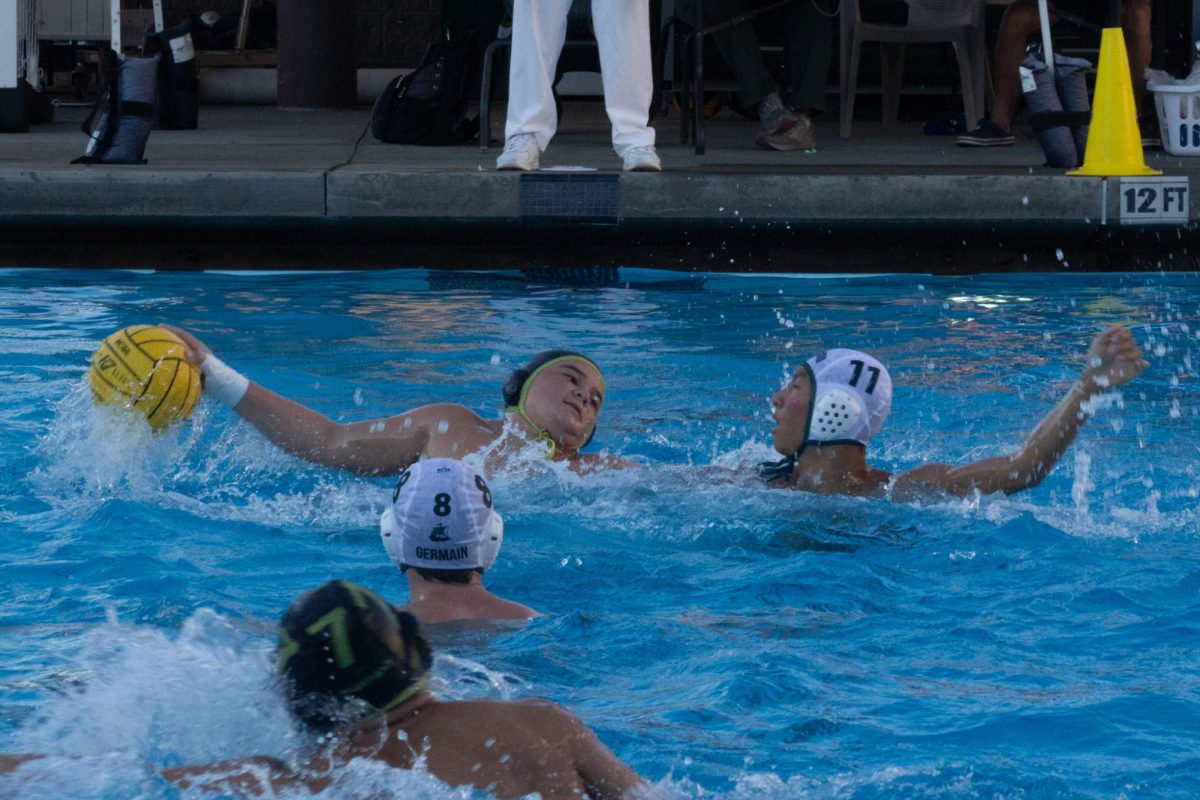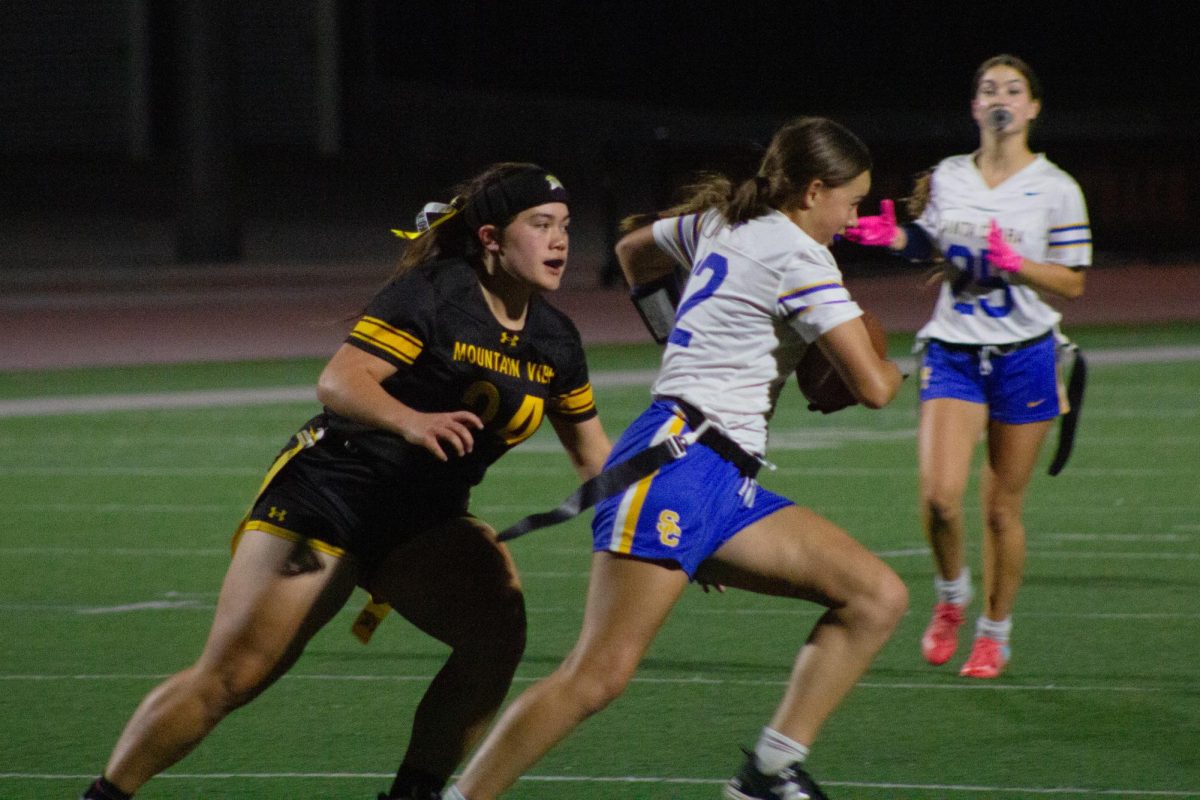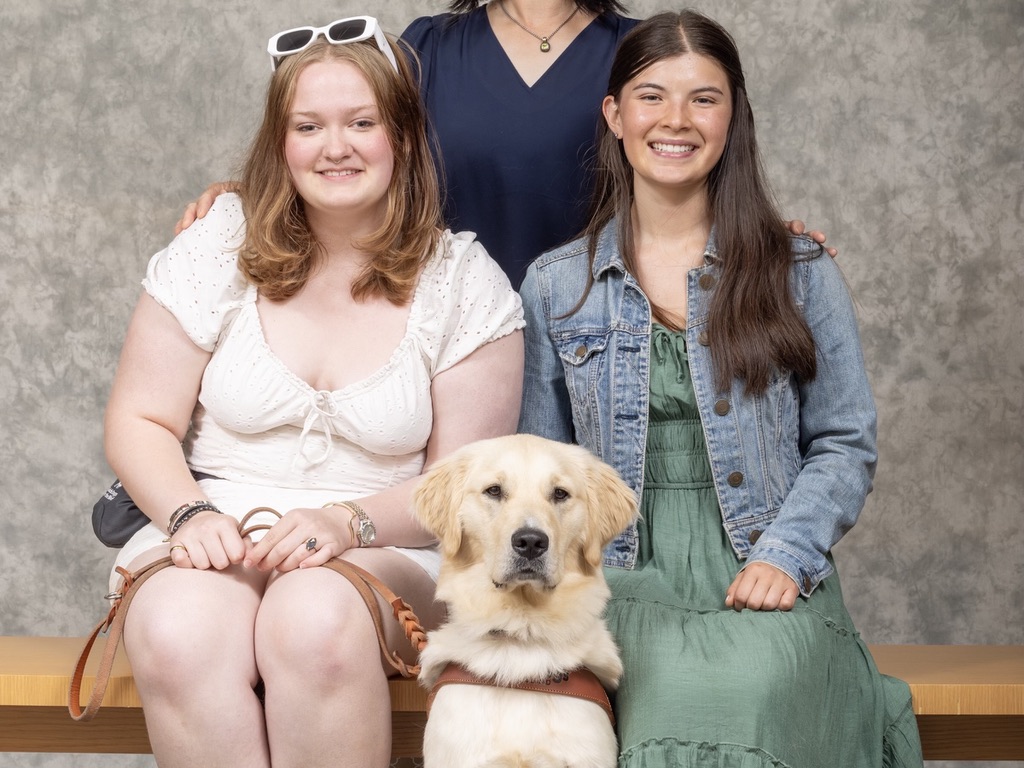The sixth in a line of guide dog trainees, Major graduated on Aug. 3 and is set to enter service. Trained by college freshman and MVHS alumnus Katie Hunt, Major is a product of Hunt’s 10 year dedication to raising service dogs for the blind.
A cross between a golden retriever and a labrador, Major was over a year old at the time of graduation. He and other mixed-breed dogs were bred for specific characteristics, including confidence level. Guide Dogs for the Blind keeps track of all of the dogs’ genetics, and Hunt is capable of accessing Major’s family tree at will.
Over the past 10 years, Hunt has raised six guide dogs, four of which have graduated. She began training dogs to understand the responsibilities of pet ownership, starting with puppy-sitting in fifth grade.
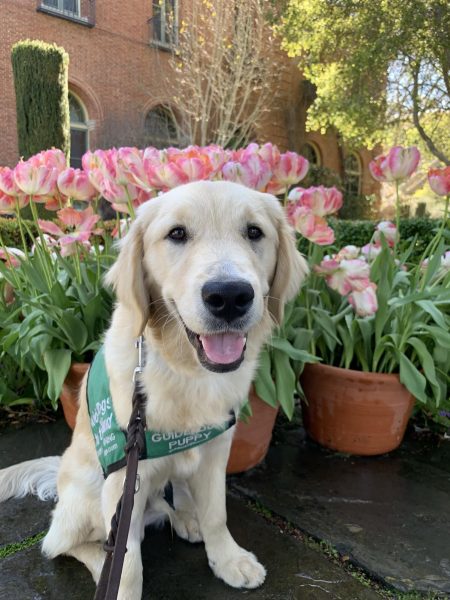 Volunteers of Guide Dogs for the Blind are able to select the sex, breed, and age of the dogs they want to raise.
Volunteers of Guide Dogs for the Blind are able to select the sex, breed, and age of the dogs they want to raise.
Major, Hunt’s first part-golden retriever, was less confident than her other dogs. Golden retrievers tend to lack the confidence that labradors have, so Hunt focused on Major’s confidence to proceed with the training, in part by recognizing his body language.
“He would get scared if he heard some trash can roll. So I had to slowly build up his confidence, and that is why he was able to become a guide dog,” Hunt said.
Hunt specifically taught Major basic obedience skills as well as socialization, including wearing a green puppy vest and a gentle leader. Major also accompanied Hunt to school, learning how to ignore people and other distractions.
“It is a very distracting environment…Major did really well settling down in class,” Hunt said. “If we had any classroom activities, he would know to stay down and be calm.”
Hunt’s other dogs have gone on planes, to hotels, and to national parks, needed for their socialization and learning.
To graduate, Major needed to learn how to use escalators, wear booties on his feet, and stop for changes in elevation, like curbs and stairs. A more difficult behavior Major needed to exhibit was intelligent disobedience – disobeying handler commands in order to keep the handler safe, like refusing to cross a busy street even if the owner commanded the dog to do so.
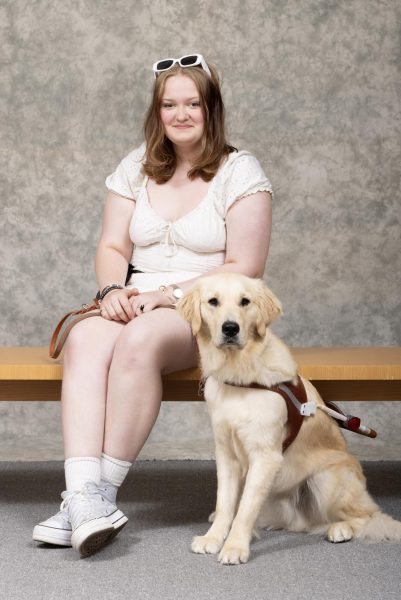
Not every dog is capable of doing this, Hunt said – one of her labradors completed all eight phases of training but never graduated, and instead became a pet.
“We mostly train through all-positive reinforcement…I reward whenever he’s doing something good,” Hunt said.
Hunt said Major’s graduation was special because all six of the guide dog raisers were teenagers between 15 and 17 years old.
Major’s new handler, Sydney, is a high school student.
“When I said one last bye to him…he was just staring straight at Sydney,” Hunt said. “They’re gonna have a blast…he’s gonna keep Sydney safe.”






